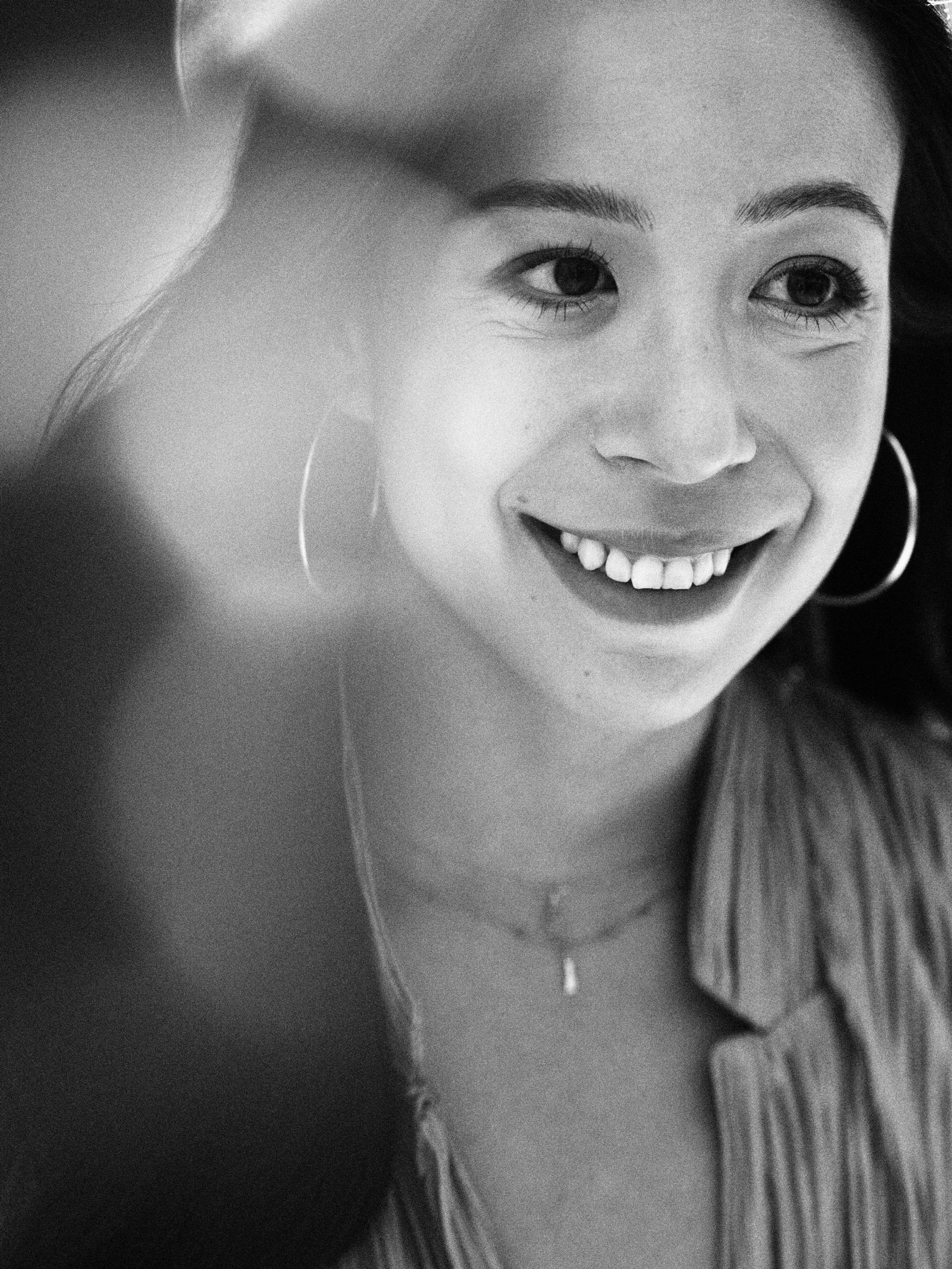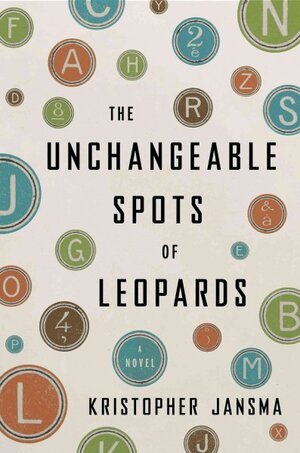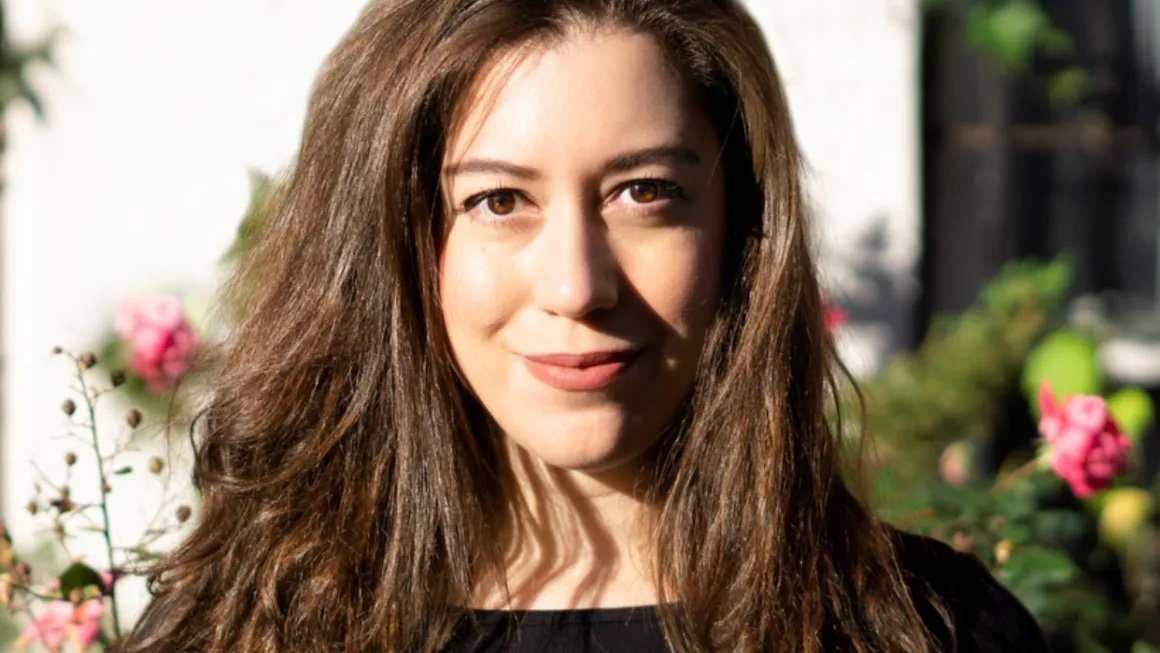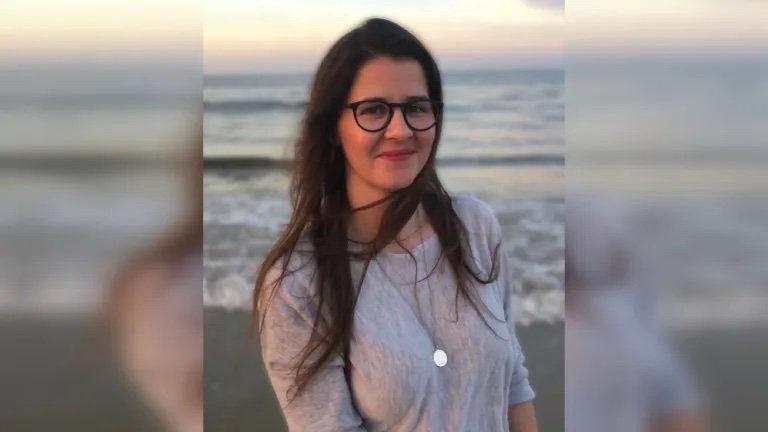I Tether Myself to You: A Conversation with Alexandra Tanner
By Yasmin Roshanian
I think of this novel as an existentialist novel. Not in any pretentious, philosophical sense, but in the sense that it is really, really hard to know who you are right now. There’s complete information saturation and bombardment.
Do Muslim Women Still Need Saving? : How Lila Abu-Lughod Interprets Today’s Political Reality
By Mariam Syed
For the past few weeks, I’ve interviewed Lila Abu-Lughod to commemorate the twentieth anniversary of her essay and the tenth anniversary of her book Do Muslim Women Need Saving?. We discussed the ongoing and heightened significance of her projects given our new political reality: Muslim women are leading global liberation efforts, the United States has withdrawn from Afghanistan, and most recently, has staunchly supported the Israeli army’s full-scale assault on Gaza. This interview was conducted over email.
“The question is: are you getting hustled?” A Conversation with Aube Rey Lescure
By Liz von Klemperer
Aube Rey Lescure’s debut River East, River West is a searing social commentary that spans decades and perspectives.
From the Archive: Interview with Stanley Kunitz
By Alex Wexelman
The first piece in the debut issue of Columbia Journal features three female poets quizzing the recently retired United States Poet Laureate Stanley Kunitz. Kunitz, who lived to be 100, was a teacher, a poet, and a gardener of great repute.
On Persisting: An Interview with Marisa (Mac) Crane
Marisa (Mac) Crane is the author of the debut novel I Keep My Exoskeletons to Myself, in which a queer, first-time parent must navigate child-rearing while grieving the loss of her partner to childbirth.
Writing What You Know: An Interview with Kristopher Jansma
Kristopher Jansma’s work isn’t just about the lives of writers; we all tell stories, published or unpublished. We don’t all have to be idealists, but we can all have ideals.
Capturing Truths: A Conversation with Dina Nayeri
Who Gets Believed?: When the Truth Isn’t Enough is Dina Nayeri’s second and latest nonfiction book, released in March. The book balances powerful case studies with the deeply personal as Nayeri analyzes why those who are most vulnerable are often dismissed and disbelieved. It’s a large topic, but she doesn’t stray away from complex ideas and questions such as truth and facts. Instead, she makes them digestible for the reader and expands our worldviews while folding us into that long, slow work of believing.
On Translating the World’s First Author: A Conversation with Sophus Helle
“What would the history of literature look like if it began, not with Homer and his war-hungry heroes, but with a woman from ancient Iraq, who sang her hymns to […]
Remembering Rocket Boys: A Conversation with Homer Hickam
What does it take to achieve our childhood dreams? What do our ambitions teach us about ourselves? Since its publication in 1998, Homer Hickam’s coming-of-age memoir Rocket Boys, about the […]
Abolition in Our Lifetime: A Conversation with Christopher Soto
Christopher Soto doesn’t mince words in his debut collection Diaries of a Terrorist, an eviscerating and urgent work of verse that calls for abolition of the police state. The Salvadoran poet and abolitionist was born, raised, and is currently based in unceded Tongva, Chumash, and Kizh land (Los Angeles, California). Soto has worked for years as a political organizer in various capacities, including co-founding Undocupoets and the national Writers For Migrant Justice campaign. His long-awaited collection sheds a harsh light on police brutality and state violence in the United States and beyond.
In Search of Utopia: A Conversation with Adrian Shirk
“As soon as I start relying on the word ‘utopia’ it becomes a misnomer,” writes Adrian Shirk in the opening pages of Heaven Is a Place on Earth: Searching for an American Utopia. Through a blend of memoir and fieldwork, Shirk examines dozens of communities, experiments, and gestures born from a collective desire to make a better world in response to the ravages of empire and capitalism. Meanwhile, we read about Shirk’s personal quest to find a home of her own, all while trying to endure the American healthcare system and the precarious academic labor market.
The Language between Worlds: A Conversation with Poet Carlie Hoffman
What does it mean to occupy an “Alaska of the mind”? Is it possible to write into and against the world of your own poems? In her debut poetry collection, This Alaska, Carlie Hoffman maps a vast, sparsely populated, and glacial terrain, choosing this landscape as the place of her reckoning with her childhood, grief, suffering, love, and hope. A poet, translator, and educator, Hoffman’s honors include a 92Y Discovery Poetry Prize and an Amy Award from Poets & Writers, among others. In conversation with Nina Reljić, a Columbia MFA student, Hoffman discusses her writing methodology and how some answers exist at the bottom of an endless well.
60 for 60: Recent Black Literature—The Political Dimensions
I recently got around to re-reading Robin Coste Lewis’s genius “Voyage of the Sable Venus.” As a poet interested in erasures and cut-ups, and as a queer Venezuelan immigrant deeply concerned with and invested in the liberation of every marginalized community, I was deeply moved by her project. To use the very language of oppressive art institutions, pamphlets, and works to weave the narrative of Black liberation and conceive of a future for the Black community that was forcibly taken to this country is something I held onto as I looked through Columbia Journal‘s archives, another institution that has regrettably done little in the way of publishing Black voices. I’m honored to work here at a pivotal moment, when the largest strike in the country is taking place on my campus and when the current editorial team at the Journal is making a conscious effort to elevate Black voices.
A Conversation with Ann Patchett
In Ann Patchett’s most recent essay collection, These Previous Days, her attention to memory invites readers to explore what it means to be seen as “our best and most complete selves.” The collection hosts practical advice on clearing out clutter (“How to Practice”), meditations on the publishing process (“To the Doghouse”), and intimate musings on marriage (“Flight Plan”). Throughout, Patchett calls for an embrace of life’s unpredictability and brings forth the brilliance that can be found in such imperfection. Writer Yvonne Conza spoke with the author recently about time, losing a friend, and putting life in order.
Translating the Fresh and Unexpected: A Conversation with Spring Contest Judge Sora Kim-Russell
Sora Kim-Russell is a literary translator based in Seoul. Her recent publications include Pyun Hye-young’s The Law of Lines, Hwang Sok-yong’s At Dusk, and Kim Un-su’s The Plotters. She has taught literary translation at the Bread Loaf Translators’ Conference, LTI Korea, and Ewha Womans University. She served as the Spring 2021 Contest Judge for the Columbia Journal.
A Conversation with Chessy Normile
Madeleine Cravens, M.F.A. candidate in poetry, sat down with poet Chessy Normile on a stoop in Brooklyn to talk about humor, vulnerability, and revision. Normile’s debut collection, Great Exodus, Great Wall, Great Party, was awarded the 2020 APR/Honickman First Book Prize, judged by Li-Young Lee. This book’s poems are irreverent and highly intimate, drawing the reader in through topics such as the Bible, theories of time, and trauma. As Li-Young Lee writes in the introduction, Normile’s poems are “born of an imagination that is unpredictable, fearless, probing, self-questioning, and marked by the influence of a hidden wisdom some might consider folly.”
Getting In The Game: An Interview With Jordan E. Franklin
Jordan E. Franklin is a Brooklyn based poet with two projects coming out in 2021 – When the Signals Come Home, a full-length collection from Switchback Books which won the Gatewood Prize, and a chapbook entitled boys in the electric age which will appear with Tolsun Books. In this interview, she talks with Columbia poetry MFA candidate Catherine Fisher about music, family and being a native Brooklynite.
Lifting the Bird’s Feather: A Love Letter to Interpreting
Tiffany Troy, Assistant Translation Editor for Columbia Journal, spoke with poet, educator, and interpreter Judith Small to discuss the magic of language learning, the musicality of traversing languages, the ethics of interpretation and the deeply human prayer in Second Tongue (Brighthorse Books, 2019).
A Conversation with Kristen Arnett
Victoria Rucinski, online fiction editor at Columbia Journal, spoke with New York Times bestselling author Kristen Arnett, writer of the debut novel, Mostly Dead Things, upcoming novel, With Teeth, and the fiction judge of the 2021 Columbia Journal Spring Contest.
Memory, Baking, and Punk: An Interview with Hanif Abdurraqib
Sylvia Gindick, online poetry editor at the Columbia Journal, spoke with Spring Contest poetry judge, Hanif Addurraqib, to discuss exploratory practices of baking and poetry, the complications of memory and place, the responsibility of the witness, and a writer’s relationship to trust. Abdurraqib, a poet, essayist, and cultural critic from Columbus, Ohio, is the award-winning and bestselling author of The Crown Ain’t Worth Much (Button Poetry 2016), Vintage Sadness (Big Lucks 2017), They Can’t Kill Us Until They Kill Us (Two Dollar Radio 2017), Go Ahead In The Rain: Notes To A Tribe Called Quest (University of Texas press 2019), and A Fortune For Your Disaster (Tin House 2019). In March 2021, he will release the book A Little Devil In America with Random House.

















































